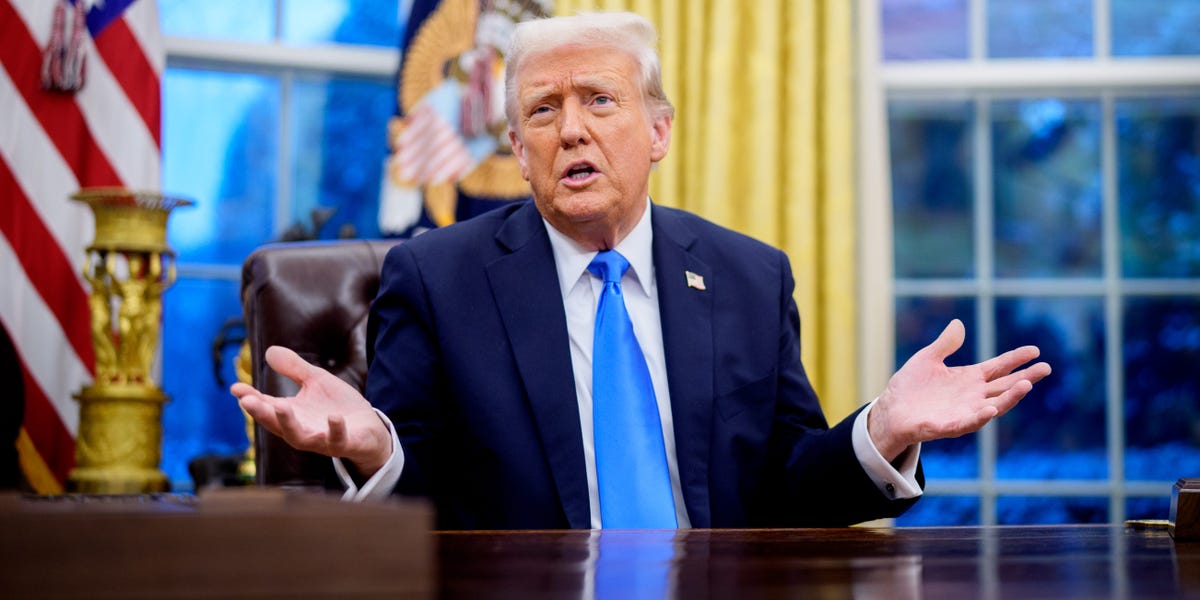Trump Urges Musk to Ramp Up: 'Take No Prisoners' Strategy Unveiled

In a bold endorsement of Elon Musk's administrative reforms, former President Donald Trump lauded the tech mogul's efforts to streamline government operations and challenged him to push even further in reducing federal bureaucratic bloat.
Trump, known for his own critiques of government inefficiency, praised Musk's recent actions at Twitter (now X) as a model for cutting through red tape and eliminating unnecessary administrative layers. The former president suggested that Musk's approach to organizational restructuring could serve as a blueprint for broader government reform.
"Musk is showing exactly how to trim down massive, inefficient organizations," Trump remarked, highlighting the tech entrepreneur's dramatic workforce reductions and operational streamlining at his social media platform. He called on Musk to continue his mission of cutting bureaucratic excess, not just in private enterprises but potentially across government institutions.
The endorsement underscores a shared perspective between Trump and Musk on reducing administrative complexity and promoting leaner, more efficient organizational structures. By championing these principles, both figures continue to challenge traditional approaches to management and governance.
